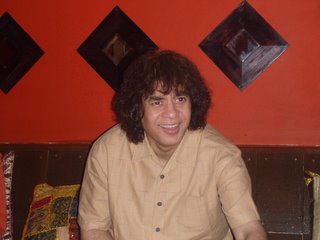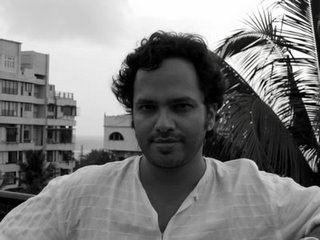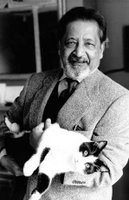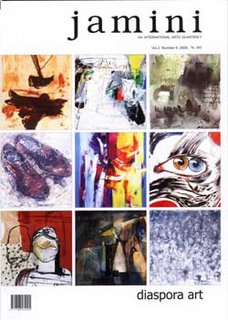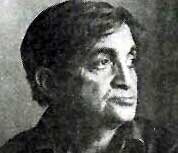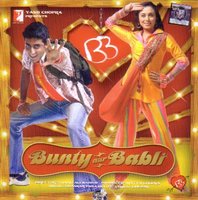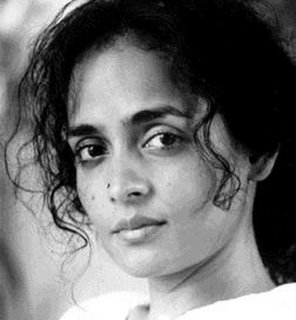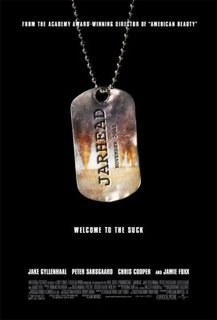
A few weeks ago when I ventured into a local cineplex, I was not sure which film to watch. What I had in mind was Jim Carrey's Fun with Dick and Jane but when I saw the poster of Jarhead with the 'Directed by Sam Mendes' tag, I knew where I was headed for. I knew it was not going to be a fun film but I was ready for some thought-provoking fare.
I was rewarded. I was watching a war movie with hardly any war happening (yeah, there were some bombing shots and the hero, a trained sniper scout, yearns for some action but gets nary a chance). There is a moment when the action-hungry protagonists almost break down when they don't get an opportunity to 'kill' their enemies. That is as satirical as one could get.
Jake Gyllenhaal, playing Anthony Swofford, is brilliant. I was watching this guy for the first time, and was not even aware that he was playing the (co) lead in the much-admired Brokeback Mountain. Others such as Jamie Foxx and Peter Sargaasard have turned in admirable performances.
I loved Jake when he mouthed lines like these (off screen):
"Suggestive techniques for the marine to use in the avoidance of boredom and loneliness. Masturbation. Re-reading of letters from unfaithful wives and girlfriends. Cleaning your rifle. Further masturbation. Re-wiring Walkman. Arguing about religion and meaning of life. Discussing in detail, every women the marine has ever fucked. Debating differences, such as Cupban VS Mexican, Harleys VS Hondas, left VS right-handed masturbation. Further cleaning of rifle. Studying the mail order bride catalogue. Further masturbation. Planning a marine's first meal on return home. Imagining what a marine's girlfriend and her man Joey are doing in the alley or in a hotel bed."
More quotable quotes are here.
'Jarhead' is based on former Marine Anthony Swofford's best-selling 2003 book about his pre-Desert Storm experiences in Saudi Arabia and about his experiences fighting in Kuwait. Filmed in the Imperial Valley in Southern California, which features conditions very similar to Iraq. Marines did use one of the local towns, Brawley, for training purposes due to similarities to Iraq. Interestingly, some desert scenes were also shot on a Universal sound stage with lights doubling as burning oil wells. The lights were later replaced with burning wells courtesy of ILM.







